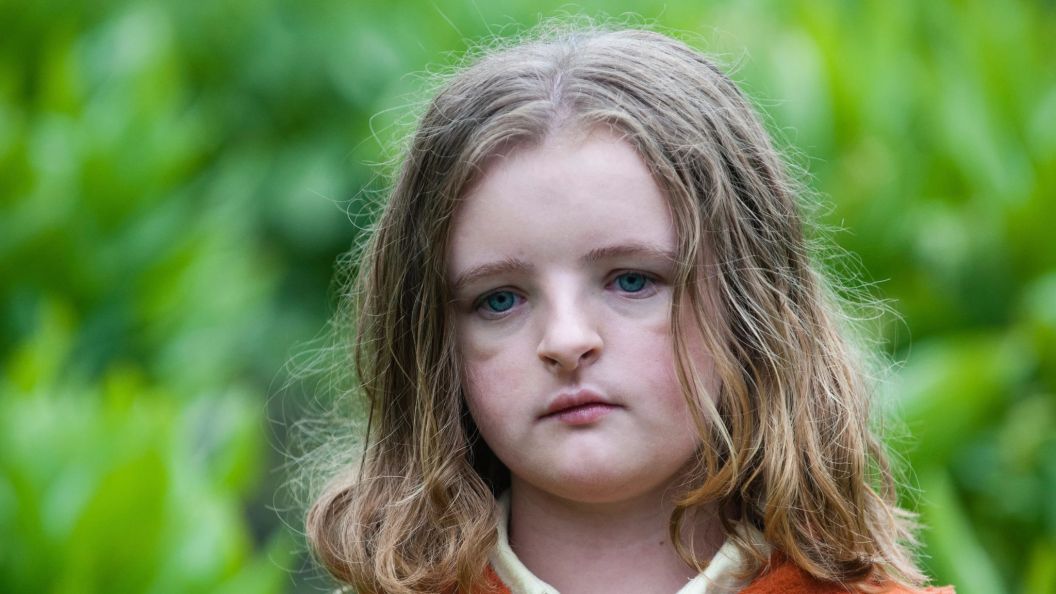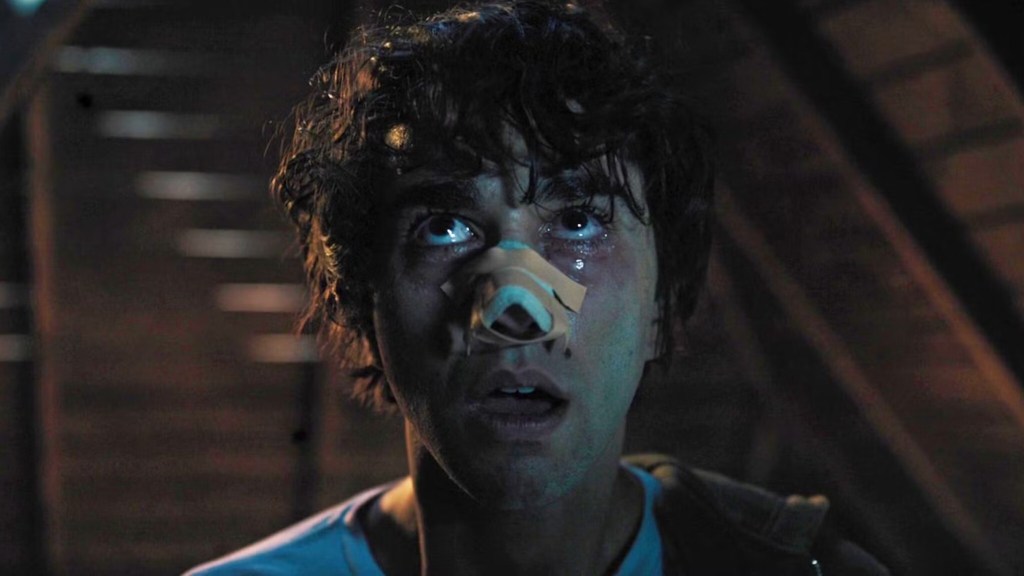
Ari Aster, the visionary director of modern horror landmarks Hereditary and Midsommar, is afraid of artificial intelligence. During a Letterboxd interview for his upcoming A24 film, Eddington, Aster detailed a deep-seated anxiety about the unchecked advancement of AI, framing it as an uncontrollable force with quasi-religious undertones that is actively and frighteningly merging our lived experience with a machine-generated reality. Eddigton is a neo-Western dark comedy starring Joaquin Phoenix and Pedro Pascal as a small-town sheriff and mayor locked in a bitter conflict during the COVID-19 pandemic. In the movie, Phoenix and Pascal wage their war through phones and social media, tapping into some of Aster’s concerns about modern technology.
“If you talk to these engineers and the people ushering this AI in, they don’t talk about AI as this great new medium; they don’t even talk about it as technology. They talk about it as a god,” Aster said. “They talk like disciples. They’re very worshipful of this thing. Whatever space there was between our lived reality and this imaginal reality — that’s disappearing, and we’re merging, and that’s very frightening.”
“I have a lot of fear regarding this,” he continued. “It’s obviously already too late. We’re in a race now. It’s how the history of technological innovation has worked: If we can, we will. I have larger questions, you know? What did Marshall McLuhan say: ‘Man is the sex organ of the machine world,’ right? Is this technology an extension of us, are we extensions of this technology, or are we here to usher it into being?”
The reference to Marshall McLuhan is a direct nod to the philosopher’s seminal 1964 work, Understanding Media: The Extensions of Man. McLuhan was a media theorist famous for the phrase “the medium is the message,” arguing that the technology we use to communicate is more transformative to society than the actual content it carries. His concept posits that new technologies are extensions of the human body and senses, but in extending our reach, they also reshape our entire social and psychological landscape. By invoking McLuhan, Aster is framing AI as a world-altering extension of humanity that is now turning back to fundamentally change its creators, raising the question of who is truly in control.
Ari Aster’s Fear Echoes Hollywood’s Biggest Struggle

Ari Aster’s reputation is built on his ability to create deeply unsettling atmospheres that prey on existential dread. His films are celebrated for their slow-burn terror, which avoids cheap scares in favor of a creeping sense of wrongness that destabilizes the viewer’s sense of safety and reality. Because his entire career is based on a sophisticated understanding of what truly unnerves people on a fundamental level, his fear of AI serves as a powerful cultural barometer.
“The most uncanny thing about it, to me, is that it’s less uncanny than I want it to be,” Aster reflected on the fact that AI is becoming ever more present. “I see AI-generated videos, and they look like life; they just look real. It goes back to that human capacity for adaptation. The weirder things get, and the longer we live in them, the more normal they become. But something huge is happening right now, and we have no say in it. So, here we go. I can’t believe we’re actually going to live through this and see what happens. Holy cow.”
This warning about the normalization of AI-generated reality taps directly into the most significant existential battle Hollywood has faced in the modern era. Aster’s philosophical concerns were the practical frontline in the historic 2023 WGA and SAG-AFTRA strikes, a conflict that shut down the industry for months. One of the core tenets of that fight was to establish contractual protections against the unregulated use of generative AI by major studios. The writers’ and actors’ unions fought for, and won, specific language in their contracts to prevent studios from using AI to write or rewrite literary material and to prohibit the use of AI to create digital replicas of actors’ likenesses without their explicit consent and fair compensation for each use. The battle was a direct response to the threat that Aster articulates, a world where AI-generated content becomes so seamless and accepted that it devalues and replaces human artists.
Eddington is scheduled to be released in the United States on July 18, 2025.
What are your thoughts on Ari Aster’s comments about the future of AI? Let us know in the comments.
The post A Fan-Favorite Horror Director Takes a Stance Against AI appeared first on ComicBook.com.


